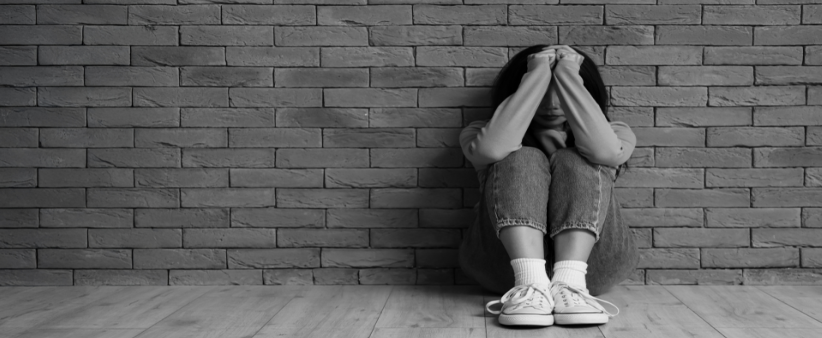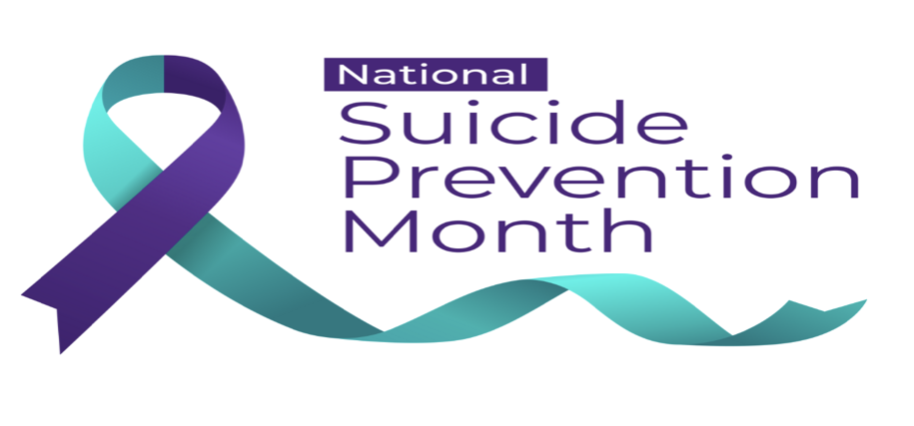
September is Suicide Prevention Awareness Month, a vital time to shine a light on the silent struggles of depression. While some warning signs are easy to spot, others are subtle and often hidden behind a mask of “normalcy.” Learning to recognize these signals can be lifesaving.
The Silent Struggle
Depression doesn’t always look like sadness. Many people experiencing depression maintain outward appearances—going to work, caring for family, and smiling in public—while quietly battling emotional pain.

Recent research highlights that stigma and self-stigma continue to keep many from seeking help. A 2024 study found that individuals with depression often internalize feelings of shame or inadequacy, creating barriers to care and perpetuating silence (Frontiers in Psychiatry, 2024). Understanding this “masking effect” reminds us to look deeper when supporting loved ones.
🚩 Hidden Signs to Watch For
- Withdrawal from social connections: Declining invitations or avoiding contact without clear reasons.
- Changes in sleep patterns: Insomnia or oversleeping are highly correlated with depression—up to 75% of people with depression experience sleep disturbances (Hopkins Medicine, 2025).
- Sudden irritability or anger: Shifts in mood, even if brief, may mask underlying sadness.
- Expressions of hopelessness: Subtle statements like “I’m just tired of everything” or “It doesn’t matter anyway.”
- Increased substance use: Alcohol or drug misuse may become a way to cope with unspoken distress.


